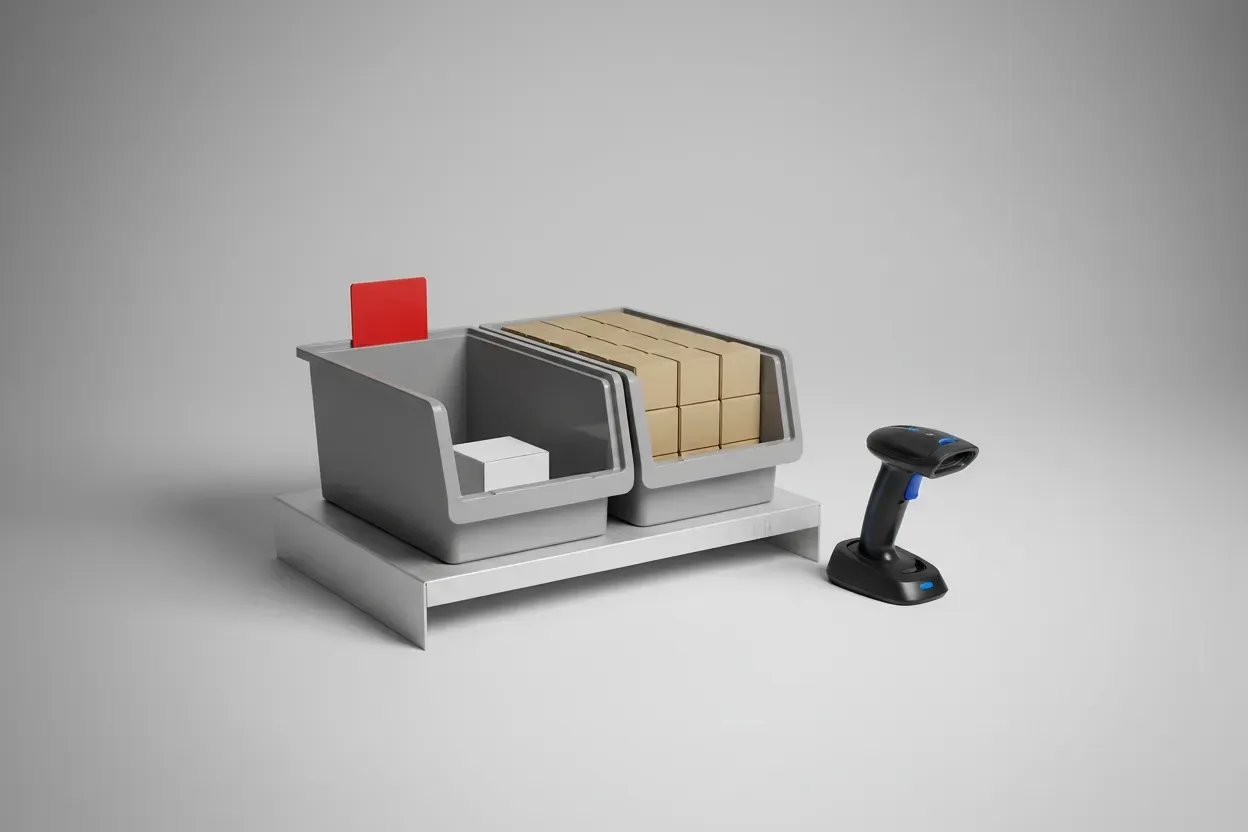What’s Your Experience With Automating Repetitive Tasks in Your Business?
In the quest for financial acumen, we’ve gathered budgeting wisdom from CEOs and Founders among other experts. They share one pivotal budgeting tip that has steered their businesses towards making more informed financial decisions. From budgeting based on historical data to separating fixed and variable costs, explore these ten valuable insights.
- Budget Based on Historical Data
- Invest in Employee Retention
- Prioritize Essential Expenses
- Overestimate Business Expenses
- Adjust Budget to Actual Performance
- Monitor and Analyze Regular Expenses
- Create Proactive Financial Forecasts
- Reset Budget Annually to Zero
- Review and Categorize Expenses Regularly
- Separate Fixed and Variable Costs
Budget Based on Historical Data
Startups are famous for being the Wild West of budgeting. There’s a long period where the company is in this exploratory phase that’s not particularly cost-effective or easy to forecast because it doesn’t follow normal patterns. It’s a process of seeking opportunity and quickly reacting to it, which reflects in a lot of spend spikes.
The silver lining is that even in these chaotic environments, there are still patterns. It’s this that has really taught us that the best way to budget is based less on individual goals and policies and more on historical data. What was spent? What was achieved with that spend? What percentage do we need to add to it to take into account growth for the year? That number, that’s the most informed budget.
Alexandru Samoila, Head of Operations, Connect Vending
Invest in Employee Retention
This might sound like it’s coming from a completely different point of view, but building a strong internal workforce is the backbone of any successful company. Investing in your team isn’t just about maximizing income and expediting revenue; it’s about securing long-term financial health.
While short-term incentives might seem appealing, prioritizing employee retention offers a far greater return. Skilled and valued employees drive productivity and profitability. Constantly replacing them because of a lack of investment is far more expensive than fostering loyalty and growth within your existing team.
Experienced and engaged employees are a proven asset. They understand your company culture, processes, and customers. Investing in their well-being through competitive compensation, growth opportunities, and recognition programs not only motivates them to excel but also reduces the significant costs associated with turnover.
Jamie Frew, CEO, Carepatron
Prioritize Essential Expenses
Making informed financial decisions is pivotal in ensuring the long-term success of your company. How your business will grow depends on how efficiently you handle money.
Developing a detailed budget that includes all aspects of your business, such as profit projections, expenses, overhead costs, capital expenditures, etc., and then regularly analyzing your inflow and outflow of capital and variable cash using various accounting software can ensure your budgeting strategies don’t get derailed mid-way.
One budgeting tip that I always give to my peers, or anyone who asks for suggestions, and also use in my business, is to prioritize essential expenses that are crucial for running my business operations smoothly. Once you identify what your essential expenses are, you can look for areas where cost reduction is possible by eliminating non-essential expenses.
Kartik Ahuja, Digital Marketer, kartikahuja.com
Overestimate Business Expenses
One budgeting tip that has really made a difference in managing my business finances is to always overestimate expenses. Early on, I learned that anticipating higher costs helps prepare for unexpected financial demands.
By setting aside more than I think I’ll need for operational costs, marketing, or materials, I’ve been able to avoid the stress of finding extra funds when prices rise or unplanned expenses arise. This approach has not only safeguarded my business during tough times but also provided a surplus on occasions, which can be reinvested or saved for future needs. It’s a tactic that turns potential financial threats into manageable situations, ensuring the business remains stable and responsive.
James McNally, Managing Director, SDVH [Self Drive Vehicle Hire]
Adjust Budget to Actual Performance
I advise regularly reviewing and adjusting your budget based on actual performance. Doing this, you can identify areas where you may be overspending or where you have extra funds available. This allows you to make necessary adjustments to your spending priorities, allocate resources more effectively, and ensure that your financial decisions are based on up-to-date information.
Jared Stern, Managing Member, Uplift Legal Funding
Monitor and Analyze Regular Expenses
This budgeting strategy that guided me in leaving an informed financial footprint in my business involves monitoring and analyzing regular expenses. Without a doubt, closely tracking the destinations of my money allows me to comprehensively grasp my spending style and pinpoint where I can trim expenses or change allotments.
By implementing this approach, I am in a good position to learn more about the most crucial areas to spend money on and what I should be investing in to get the biggest impact or the highest return.
It also enables me to pin down and eliminate unimportant or excessively large spending on things that are not necessary, and to create an idealistic budget, allowing me to focus on financial sustainability.
Adrian Pereira, Co-Founder, Eco Pea Co.
Create Proactive Financial Forecasts
At Digital Web Solutions, amidst the myriad challenges of steering a digital marketing agency, I discovered the power of “forecasting”—a budgeting tip that fundamentally changed our approach to financial planning.
Instead of solely relying on historical data, we started projecting future financial scenarios based on current trends, market research, and our business objectives. This proactive stance allowed us to anticipate potential cash flow issues and opportunities, enabling us to make informed decisions well in advance.
Implementing this strategy involved creating multiple forecasts under different assumptions, effectively preparing us for various future states. For example, we analyzed how changes in digital advertising costs could impact our profitability and adjusted our spending accordingly.
Vaibhav Kakkar, CEO, Digital Web Solutions
Reset Budget Annually to Zero
A basic budgeting tip that’s the most significant driver of our financial habits is going to zero every fiscal year—every cent and every line item. Every year, we go back to square one: we go to zero and justify everything else ahead of the calendar each year from there.
This forces us to think about need and ROI for every line item every year as we relentlessly focus on how each dollar spent links back to a company’s strategic goal. Each dollar that doesn’t necessitate a need or doesn’t provide sufficient incentive and return is no longer spent. This has gone a long way in ensuring we spend on what really matters to our core business.
Mark McShane, Founder, Cupid Digital PR
Review and Categorize Expenses Regularly
One invaluable budgeting tip for making informed financial decisions is to regularly review and analyze your expenses. It’s crucial to track where your money is going to identify any areas of overspending or inefficiency.
By categorizing your expenses and comparing them against your revenue, you can pinpoint areas where you can cut costs or reallocate resources to improve profitability. Additionally, conducting regular reviews of your budget allows you to adapt to changing market conditions or business needs swiftly.
Whether it’s investing in new equipment, adjusting marketing strategies, or renegotiating vendor contracts, a thorough understanding of your expenses empowers you to make informed decisions that drive your business forward while maintaining financial health.
Peter Reagan, Financial Market Strategist, Birch Gold Group
Separate Fixed and Variable Costs
It’s important to separate fixed and variable costs when budgeting. As a startup, you’re likely to have many variable costs that fluctuate with revenue and growth. These may include marketing expenses, software subscriptions, and consulting fees.
By separating these costs from fixed expenses like rent, utilities, and payroll, you can better understand how your business is performing and make more informed financial decisions. For example, if you’re looking to cut costs, you can focus on reducing variable expenses rather than essential fixed costs.
Conversely, if you’re planning to invest in growth, you can better estimate the impact of increasing variable costs. This approach helps to ensure that your budget aligns with your business goals and allows you to make more accurate forecasts and projections.






































